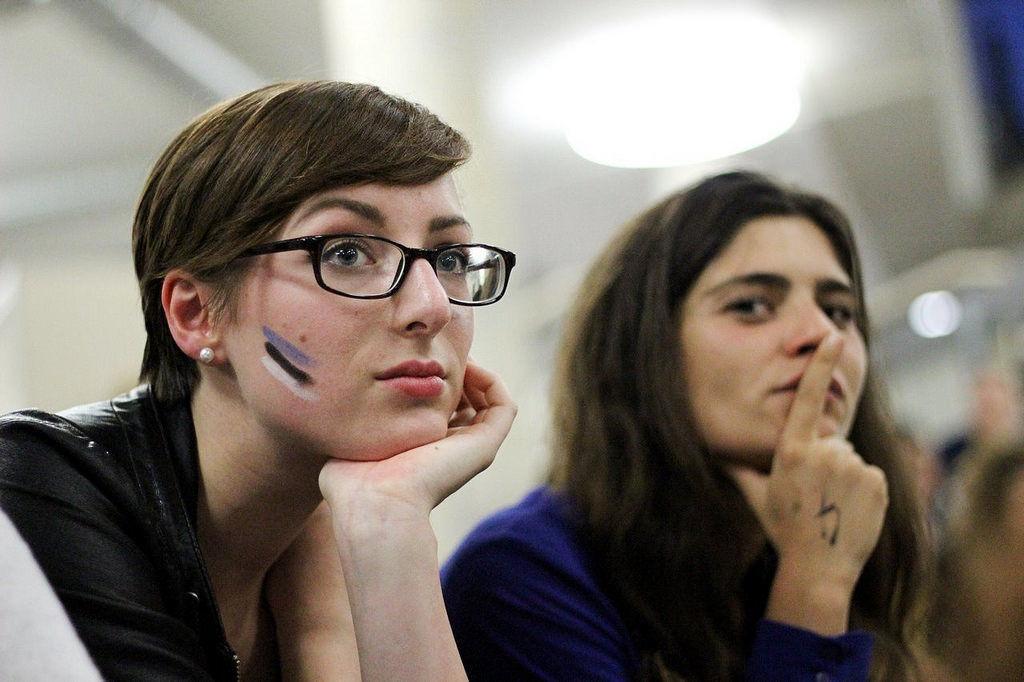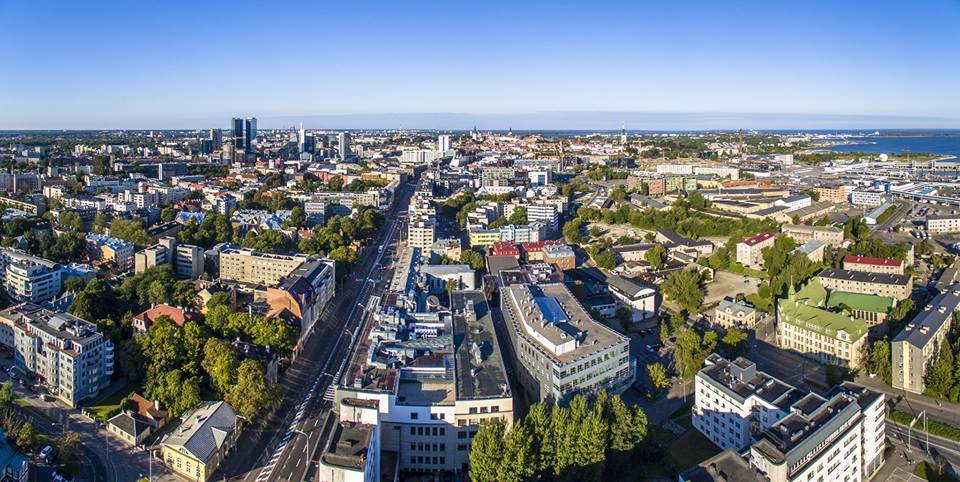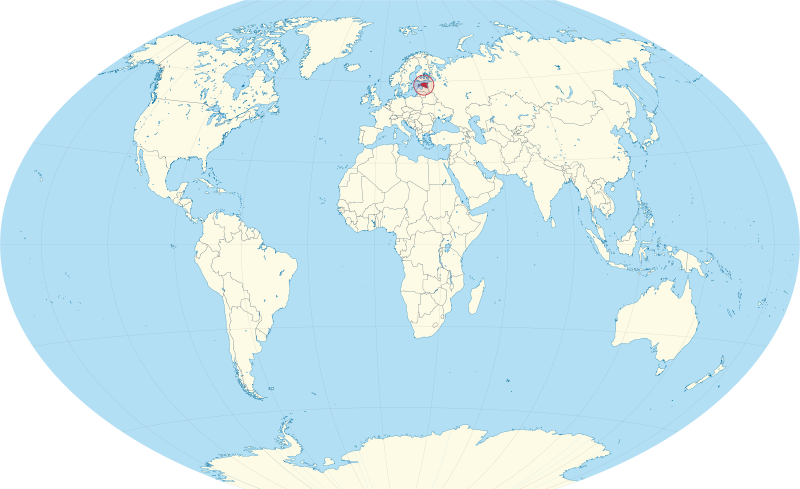Tallinn University now offers a new unique English-based master’s programme – Estonian studies. Piret Viires, the professor of Estonian literature and literary theory at the Tallinn University School of Humanities tells more about the programme.
With all the international relations Estonia has, the number of foreigners interested in the Estonian language and culture – and developing cultural, economic or diplomatic ties with Estonia – has increased. The Tallinn University School of Humanities, in cooperation with the School of Governance, Law and Society, has now created a unique master’s programme, Estonian studies, just for these people. It is aimed at those interested and willing to study the aforementioned subjects in English.
The idea first came up seven years ago when we were discussing the possibility of offering a master’s course to translators of Estonian to other languages. The initiative was facilitated jointly by the Estonian Literature Centre, which is promoting Estonian literature abroad, and the former rector, Rein Raud. The original idea expanded over time and in addition to translators, we decided to offer knowledge about the Estonian language, culture, history and politics to a wider circle of people whose native language was not Estonian. The Estonian studies programme offers this opportunity on a high academic level.
Welcoming people with a deeper interest toward Estonia
The Estonian language and our culture is currently taught in 30 universities around the world – and we welcome all the students who have learned these subjects in some other university and have a deeper interest toward Estonia. However, these students might not speak Estonian at a level that would allow them to enroll in an Estonian-based course. With this programme – currently unique in the world – the students can expand their knowledge on Estonia [in English] while simultaneously developing the Estonian language skills. A prerequisite to pass the programme is Estonian on a B1 level, but those willing can raise their language level even higher.
In addition, we welcome students from other fields of study who are simply interested in our culture, history and the society, and wish to speak Estonian at an intermediate level.
The programme is also aimed at people interested in Estonian literature who have some fluency in Estonian language and wish to translate Estonian literature into their native tongue. Thus, the idea that sparked the programme – to support the academic development of translators of Estonian literature – is still an integral part of it.
In short, the programme is aimed at a very wide group of people – from those with a basic knowledge of Estonian to true estophiles looking to expand their knowledge. It offers a broad-based and interdisciplinary education and the ability to see the uniqueness of Estonia as well as its connections to the wide world.
Situated in the city centre, Tallinn University is easily accessible, while during their studies, our students have the chance to get to know the increasingly vibrant cultural and business life in the Estonian capital.
Courses and practical skills
The Tallinn University School of Humanities supports interdisciplinary cooperation and promotes international and innovative teamwork. The school has distinguished researchers and lecturers who are experts in their respective fields of the Estonian language, its culture and history. The programme also features the best specialists from the School of Governance, Law and Society, which guarantees a broad base and good knowledge about the Estonian society.
The master’s programme is collaborating with the Estonian Institute; the Estonian Writers’ Union; a network of teachers from Estonian communities abroad; and the Estonian Literature Centre, while the students are also able to apply for many scholarships (for example, the Estonian Literature Centre’s scholarship for students focusing on translating Estonian literature).
Apart from the base module courses in culture, politics and society, there are also optional subjects such as contemporary issues of the Estonian society; nationalism ja transnational history; Estonian Literature; and so on.
The research project in specialty course helps connect theory with practice – the result will be a research project that will help along a practical aspect of the Estonian studies research area, and ties it to the subjects taught during the course. For example, translators of Estonian literature will have to translate a piece of Estonian fiction and comment on it.
Those specialising on translating fiction can also enhance their practical translator skills as part of their master’s thesis will be the translation of a piece of fiction.
Where to next?
Estonia needs friends in the world who know our language, our history and culture. A graduate of the programme will have good knowledge on the Estonian language, culture and society with at least a B1 level of Estonian. Such skills will give you a good chance to work in economy, diplomacy, cultural export and creative industries in Estonia or abroad. Graduates also have an edge in working as translators of Estonian literature to other languages – an ever-increasing business.
The graduates of the Estonian studies can also continue in our PhD programmes, such as the cultural studies PhD programme.
Since Estonia is a rapidly developing European state with ever-expanding international relations, the alumni of the course could form a network with direct relations between their countries and Estonia in culture, business or politics.
I hope this programme will increase the number of people who know Estonia, speak Estonian, are able to mediate and explain our culture, history and society, and who could be called Estonian ambassadors to the world.
The admission to Tallinn University for 2017 for non-Estonian citizens is open until 1 July 2017.
I
Cover image is illustrative (courtesy of the Tallinn University.)




I want to do post graduation in film studies and Estonian language. Is there any scholarship program that can help me